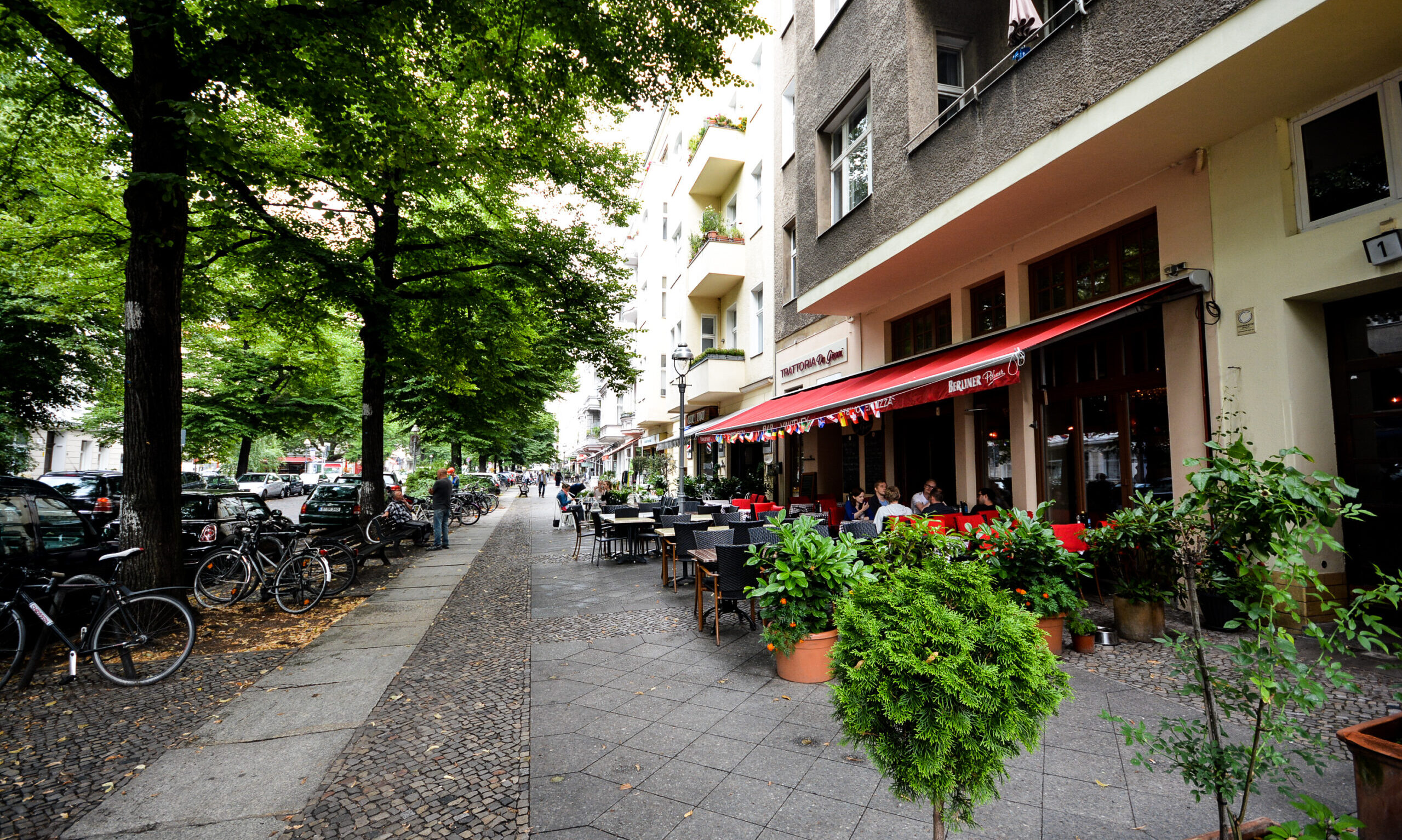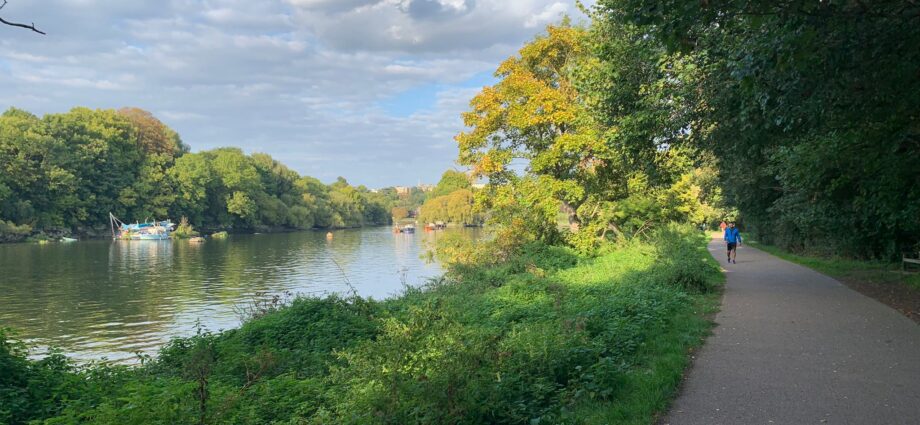Introducing England and Spain Correspondent Alan Lacey Raposo!
In January 2022 we launched the Global Walkability Correspondents Network, as a way to build solidarity among walkability advocates around the world and continue to create media on sustainable mobility and urbanism.
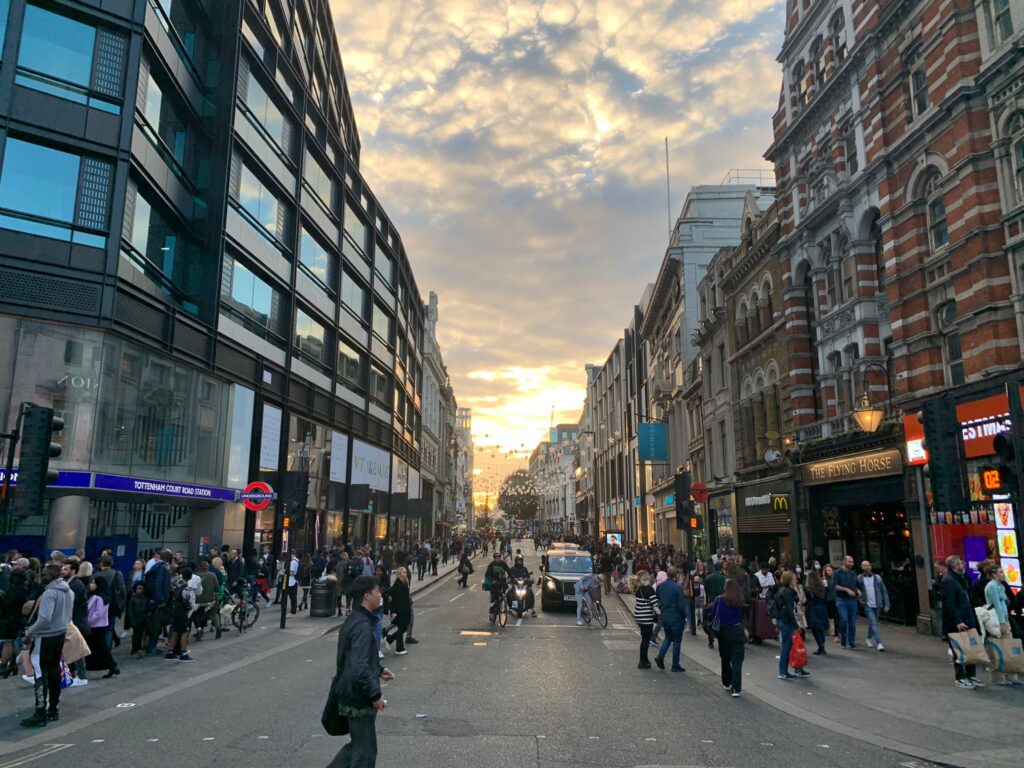
We are happy to welcome London and Cádiz-based Alan as Correspondent for England and Spain to our growing network of individuals who are passionate walkability advocates.
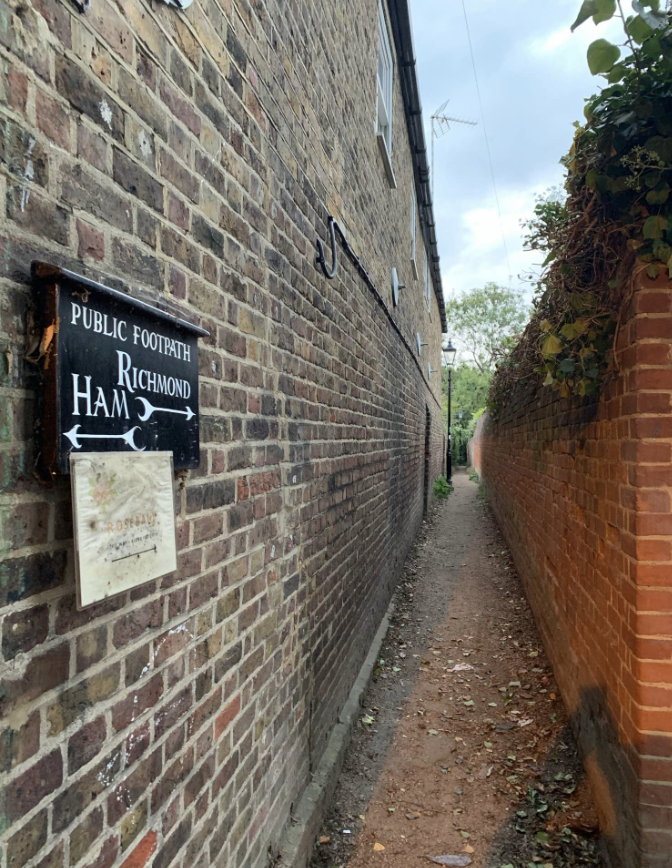
“Walking, cycling and moving away from car usage is the only way forward for cities that will have 70% of our global population by 2050.“
-alan Lacey Raposo
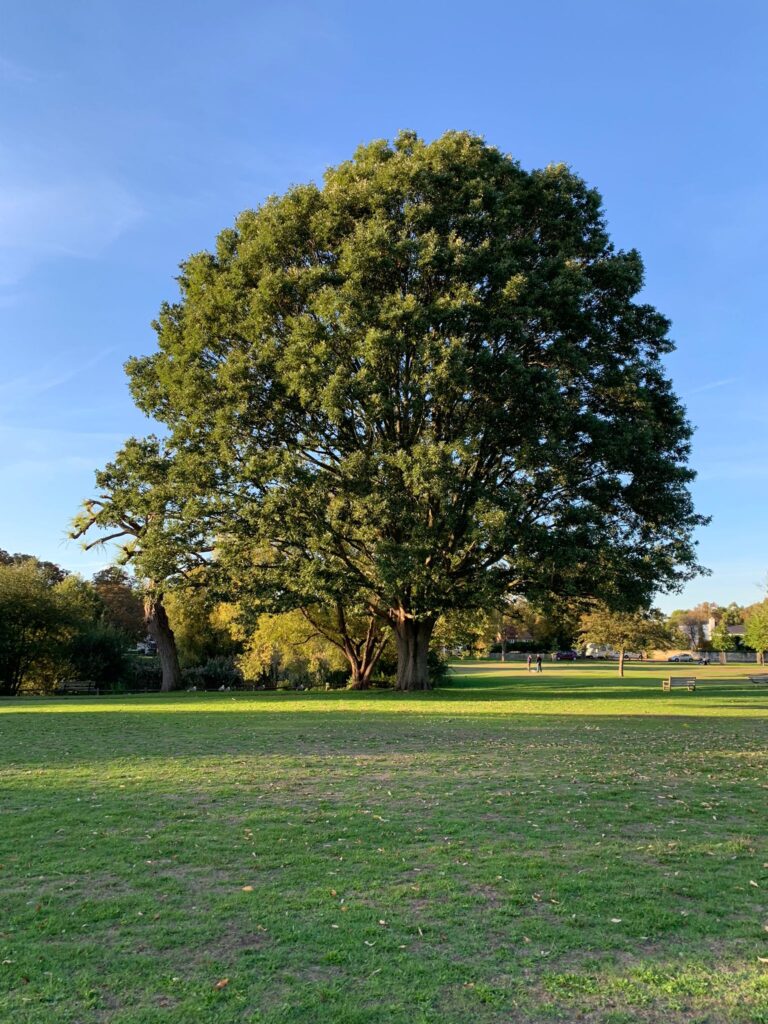
WHO
Before pursuing my current career as a researcher and policy officer I worked professionally in the hospitality industry for eight years, covering a variety of positions from being a waiter until eventually becoming a head chef.
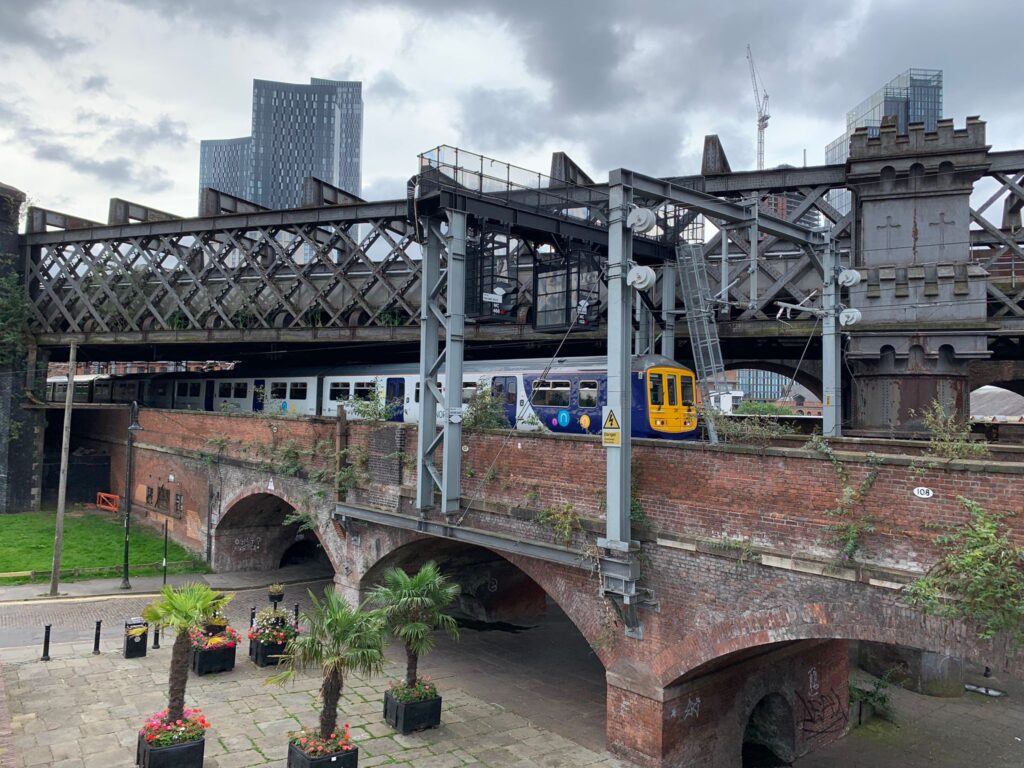
After the 2008 global economic crisis, I became very aware of the instability of my profession and the economic situation of my family and friends and decided to embark on a complete change of career. I wished to discover and learn new tools that would help me enable change for my community.
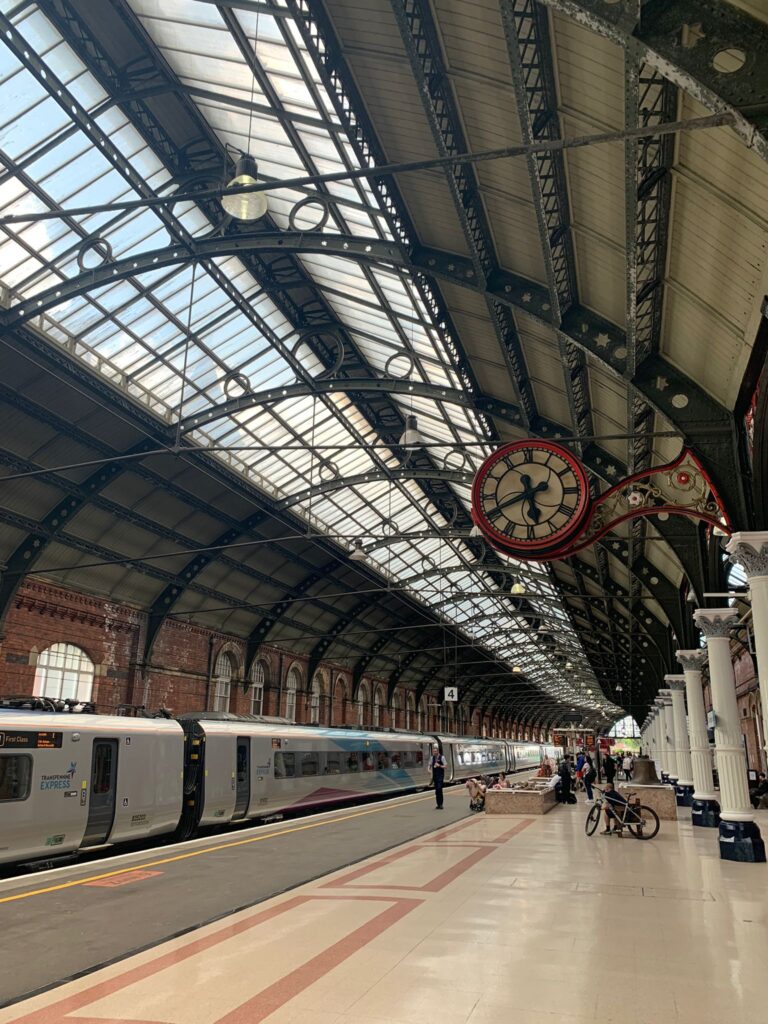
I chose to study a BA in Political Science at Seville in southern Spain, which I undertook with great interest in public policy, the understanding of social movements and how communities organise and create spaces of participation.
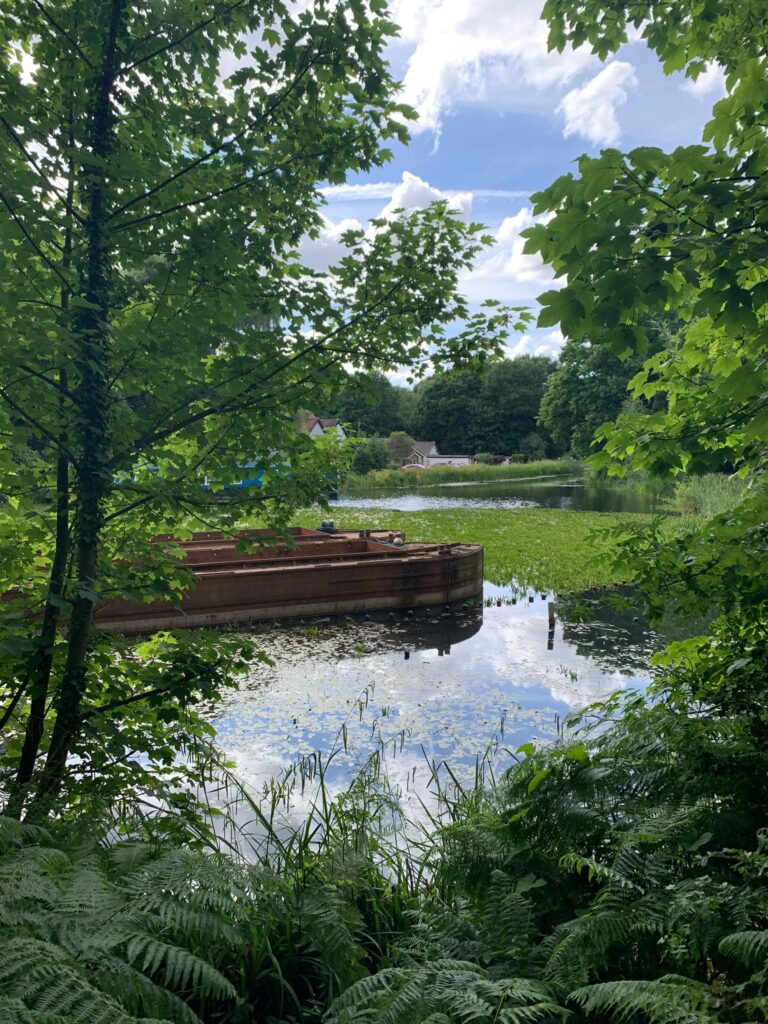
During this time, I also worked as a volunteer with CEAR (Spanish Commission for Refugee Aid) for over three years and later accepted an internship with them. My political activism and participation with local grassroots movements allowed me to analyse how local councils were confronting the different urban and social issues they encountered.
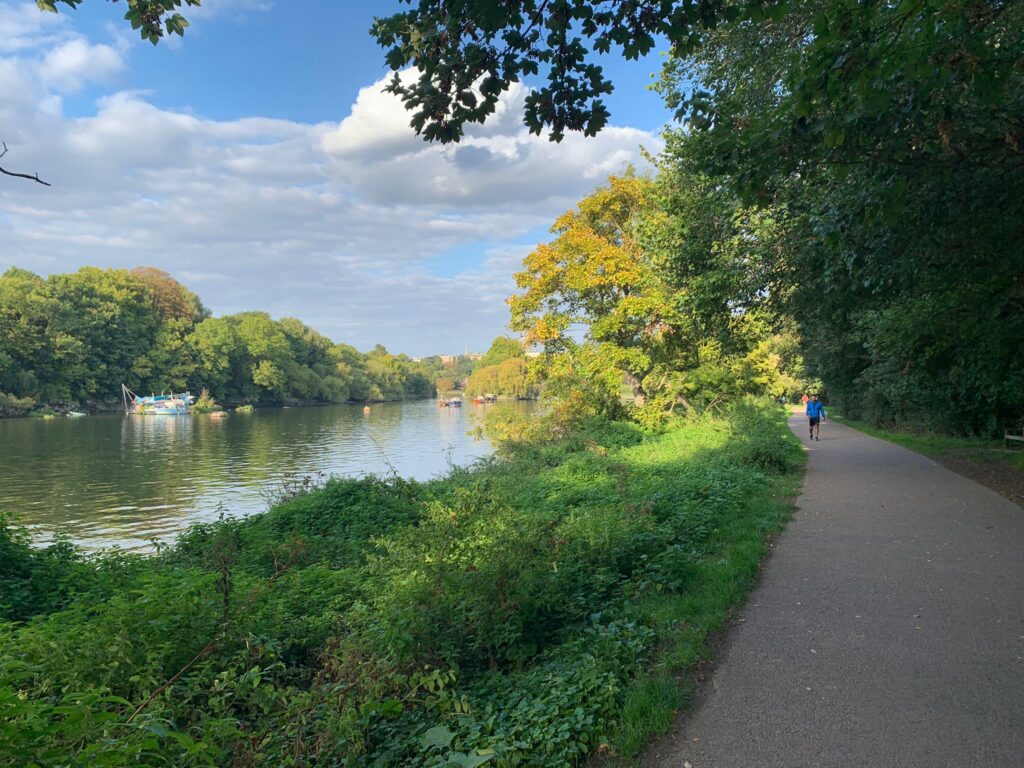
“We are seeing a massive expansion of car use in a very small city (90.000 pop.) and a lack of interest in understanding our current problems or investing in solutions. Where pedestrian spaces exist they are being taken over by commercial terraces and the wrong systems are generally being implemented.“
-ALAN LACEY RAPOSO
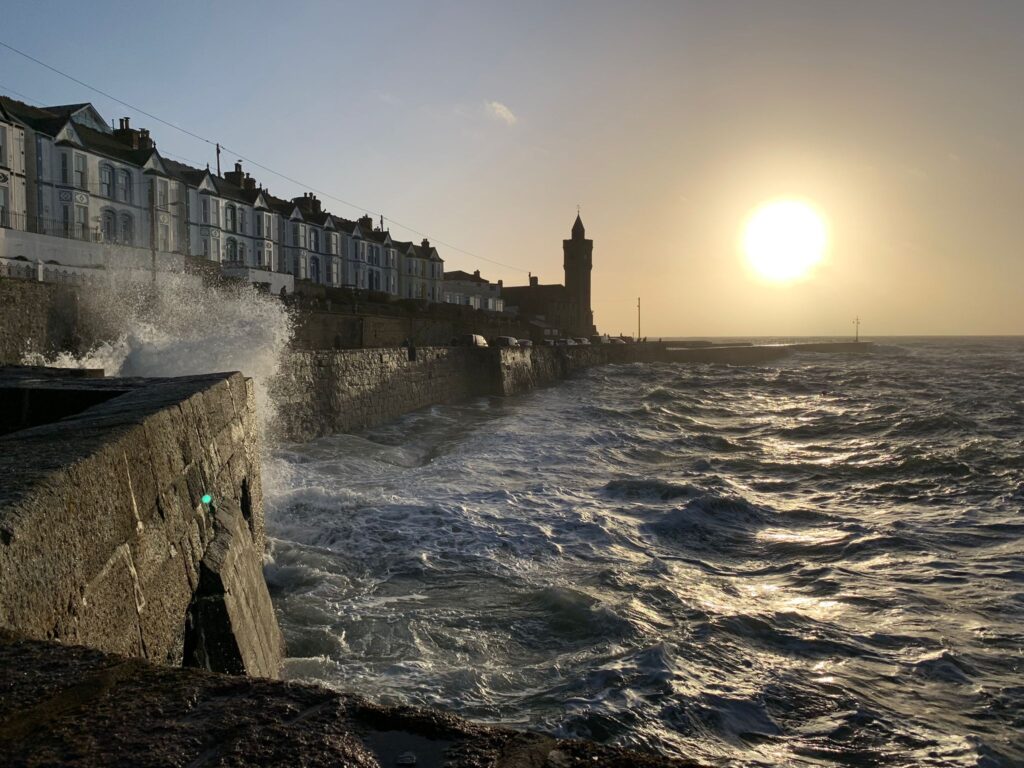
During my time participating in a local political party, I became a policy officer for three years, a position that entailed research and analysis of alternative public policies in Cádiz. The internal view of council work made me aware of a general lack of solutions for many of the existing urban/social problems. This led me to continue my studies by applying for an MSc in Sustainable Cities at King´s College London.
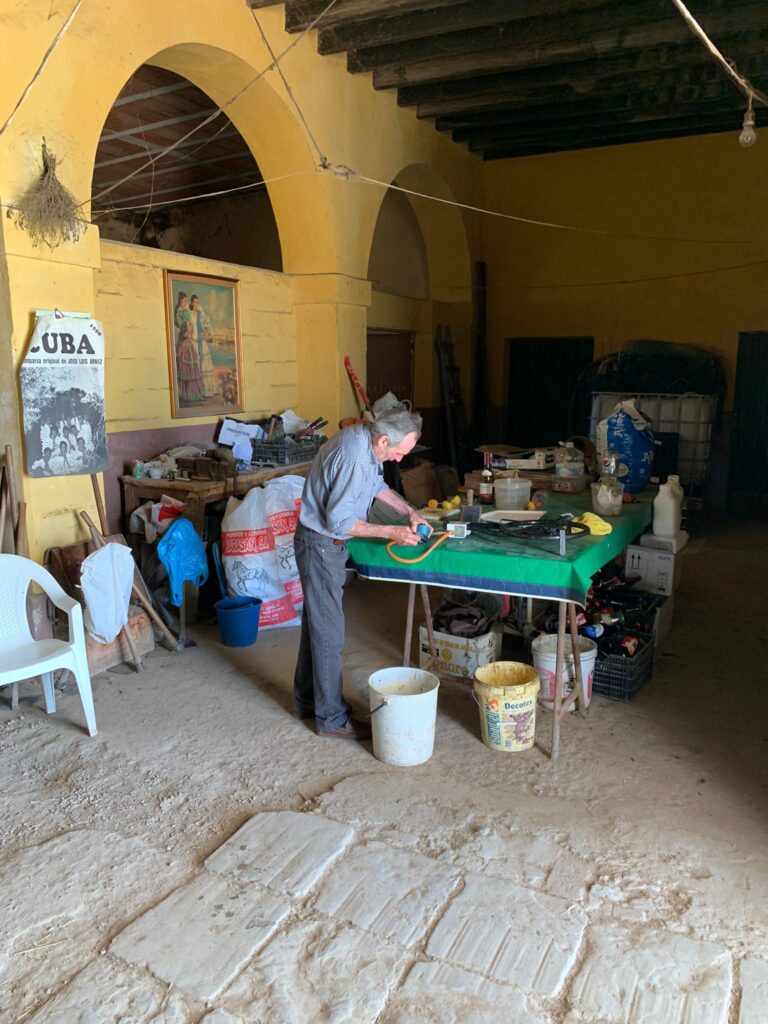
After finishing my MSc at KCL I was able to participate as a volunteer with Global Diaspora, an international network of diaspora movements and not long after I was hired at Local Trust where I am currently working with the programme development team and helping to make sure our radical participatory funding scheme makes it through to the end.
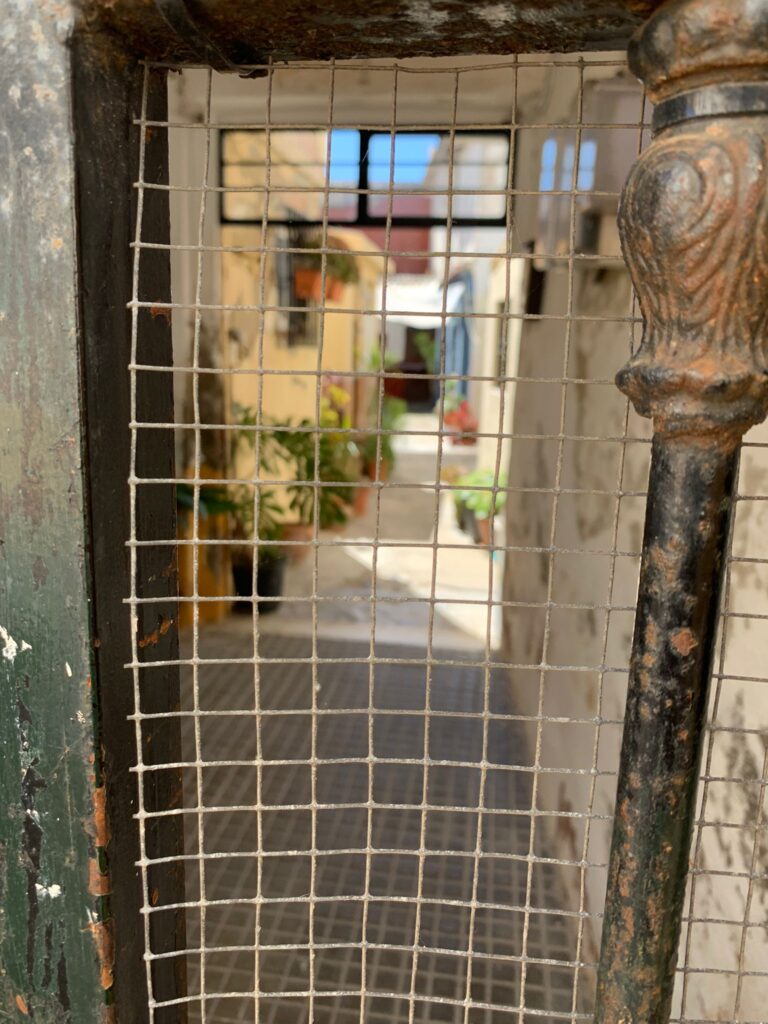
I have a huge passion for improving and understanding more about our urban environment and how we can change the way we move and use it in our day-to-day lives. I enjoy learning what works to create new spaces and how we can develop new methodologies of participation that can give placemaking back to the people who live and use the spaces. In the UK I have been taking interest in groups such as the Urban Design Group or the Placemaking Collective UK.
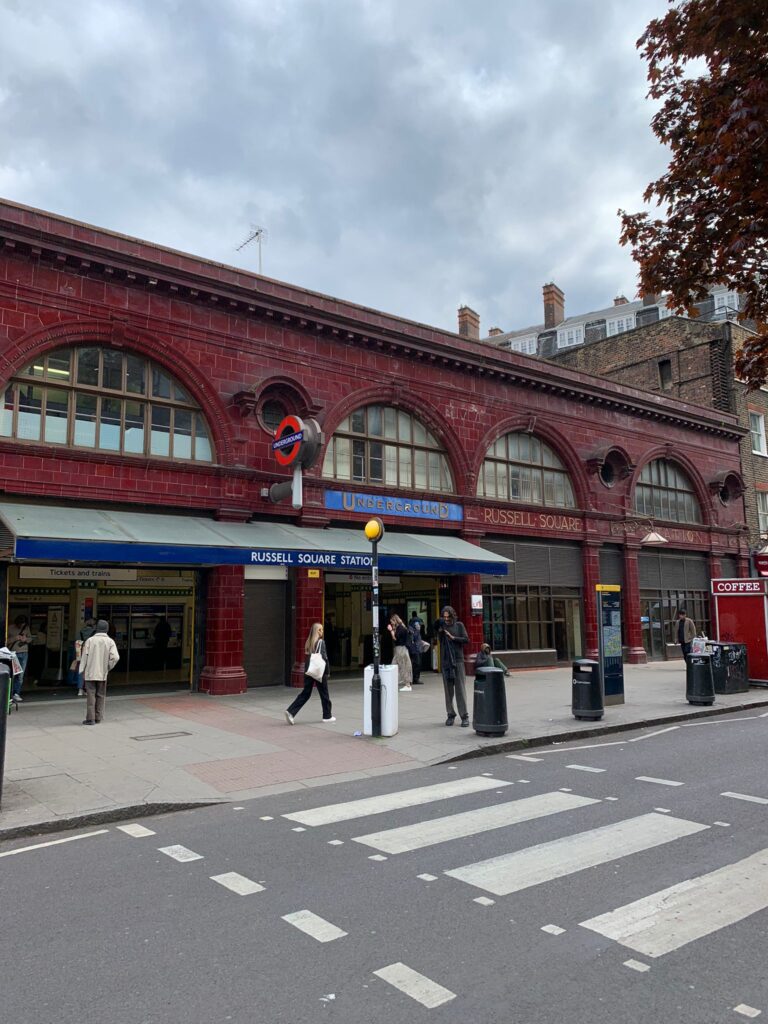
WHERE
I am half Spanish and half English. I have lived most of my life in southern Spain. My region is Andalucía and my hometown is El Puerto de Santa María in the Bay of Cádiz. My hometown has suffered massive suburban expansion because of illegal buildings and a complete lack of planning by our local government which has no concept, understanding or care for creating a sustainable city.
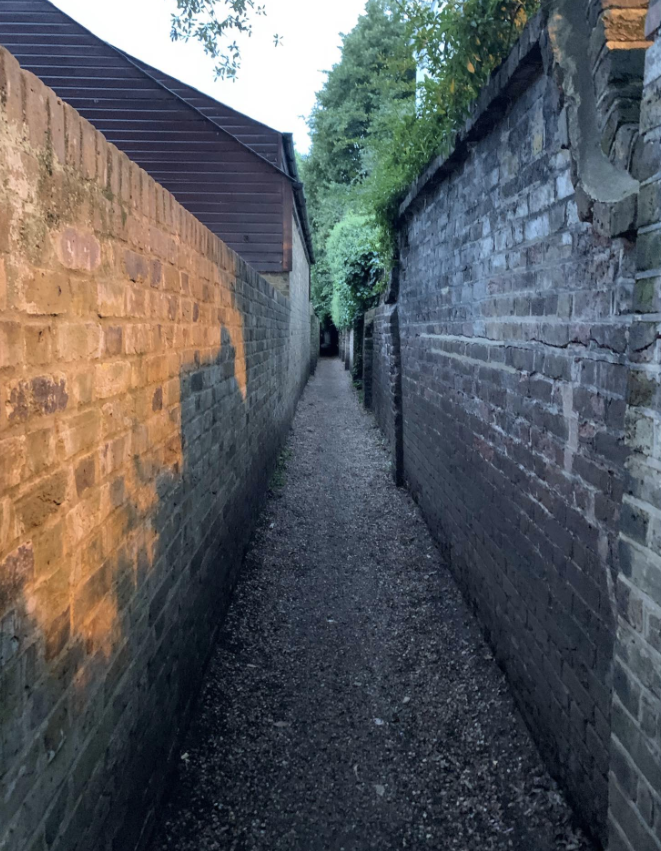
We are seeing a massive expansion of car use in a very small city (90.000 pop.) and a lack of interest in understanding our current problems or investing in solutions. Where pedestrian spaces exist they are being taken over by commercial terraces and the wrong systems are generally being implemented.
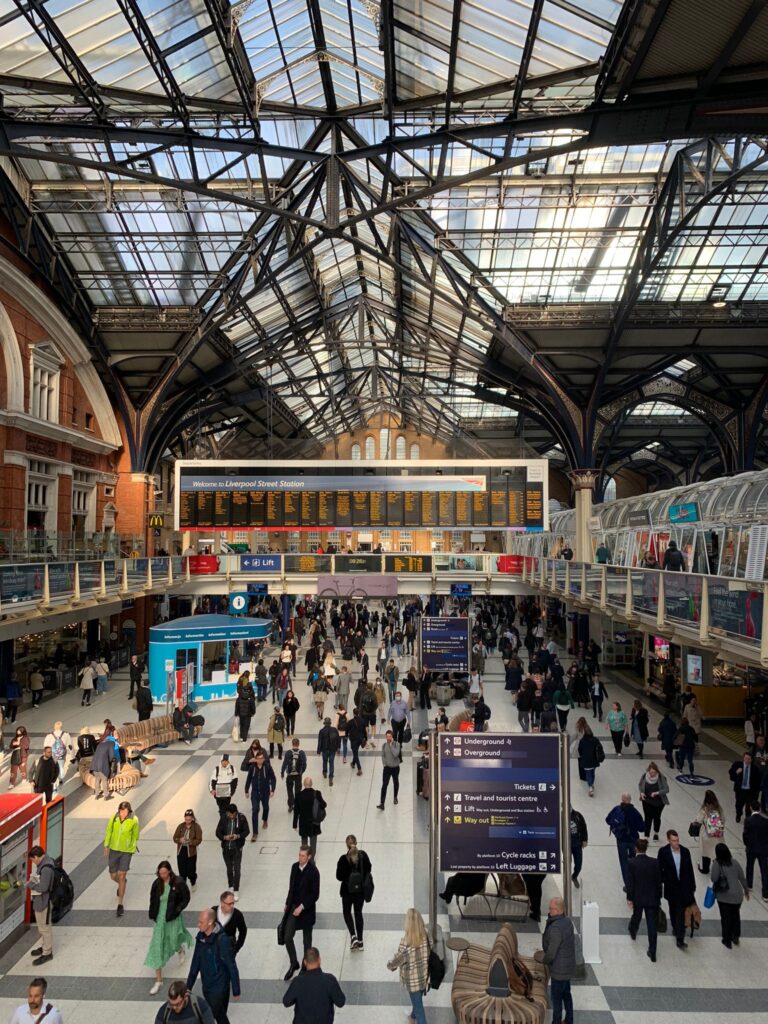
I will be representing this region in Spain where I frequently travel to and during my time working in London I can also represent this city and the UK region that I tend to travel thanks to work.
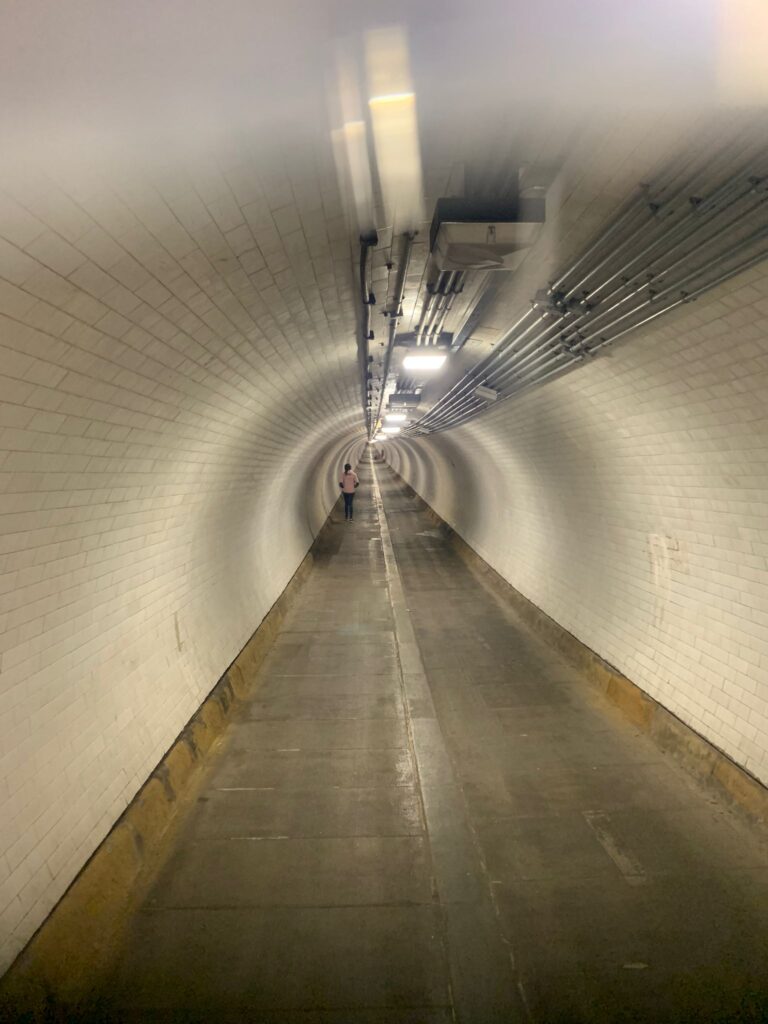
“I have a huge passion for improving and understanding more about our urban environment and how we can change the way we move and use it in our day-to-day lives.“
-ALAN LACEY RAPOSO
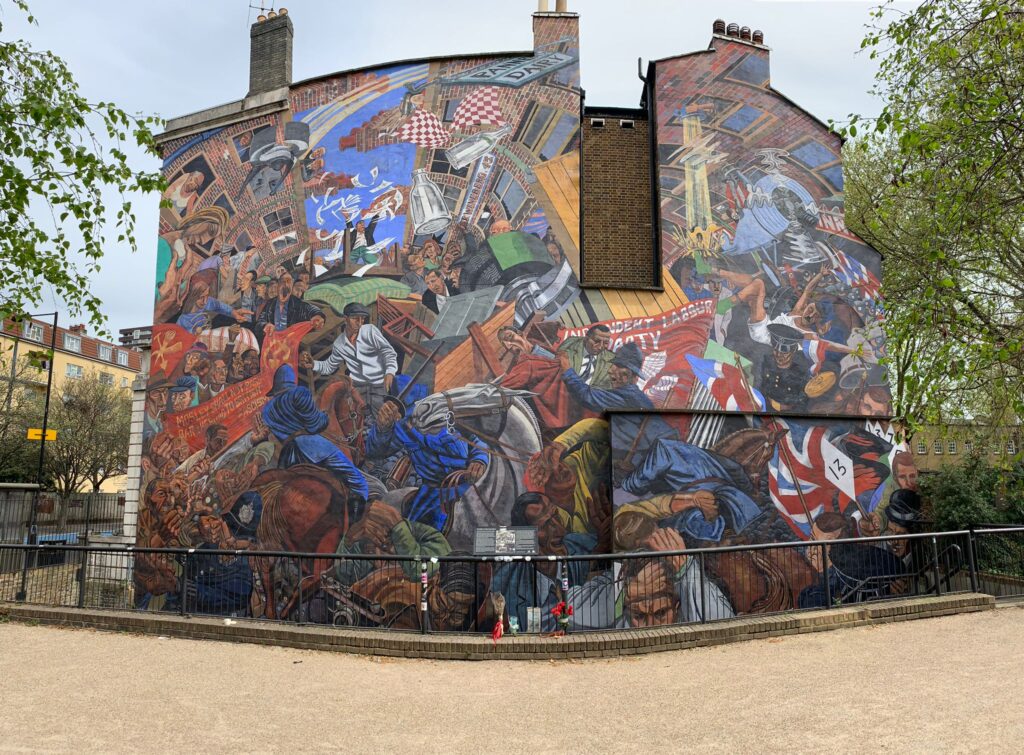
WHY WALKABILITY
Because it is one of the best ways to change our cities, especially when we link it with the 15-20 min concept that creates amazing opportunities to enhance equality in our cities and have a direct effect of our everyday lives. Walking, cycling and moving away from car usage is the only way forward for cities that will have 70% of our global population by 2050.
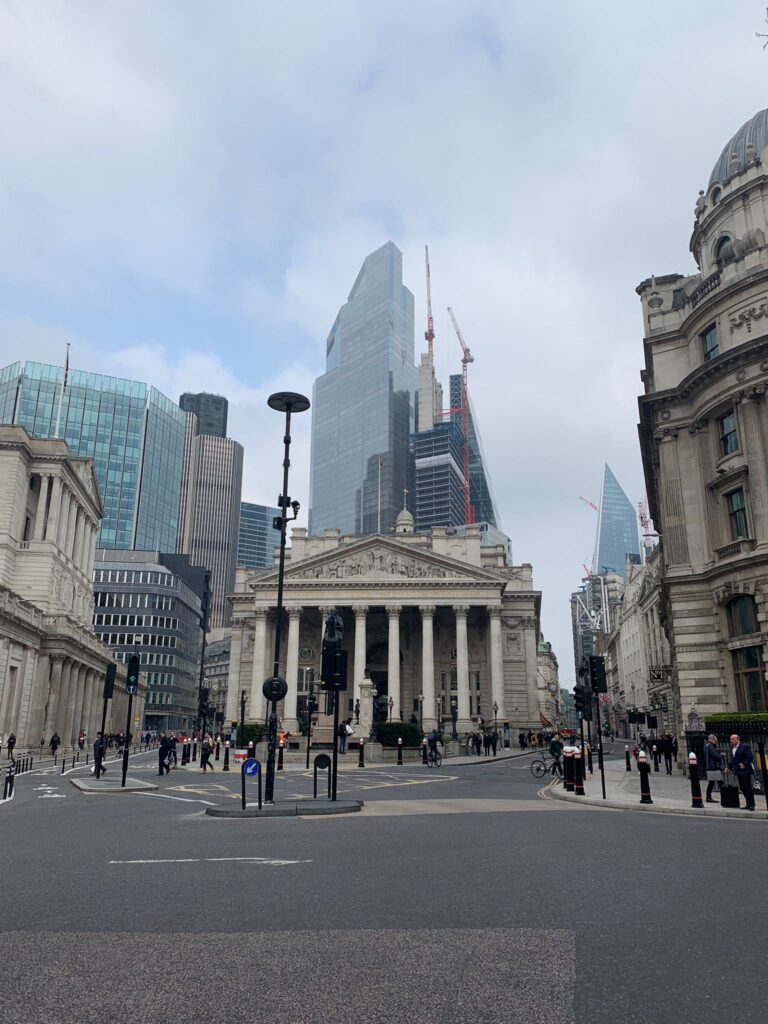
I would like to advocate for walkable cities, learn about new emerging methodologies and policies, create valuable networks and continue expanding my experience on all issues related to the urban.
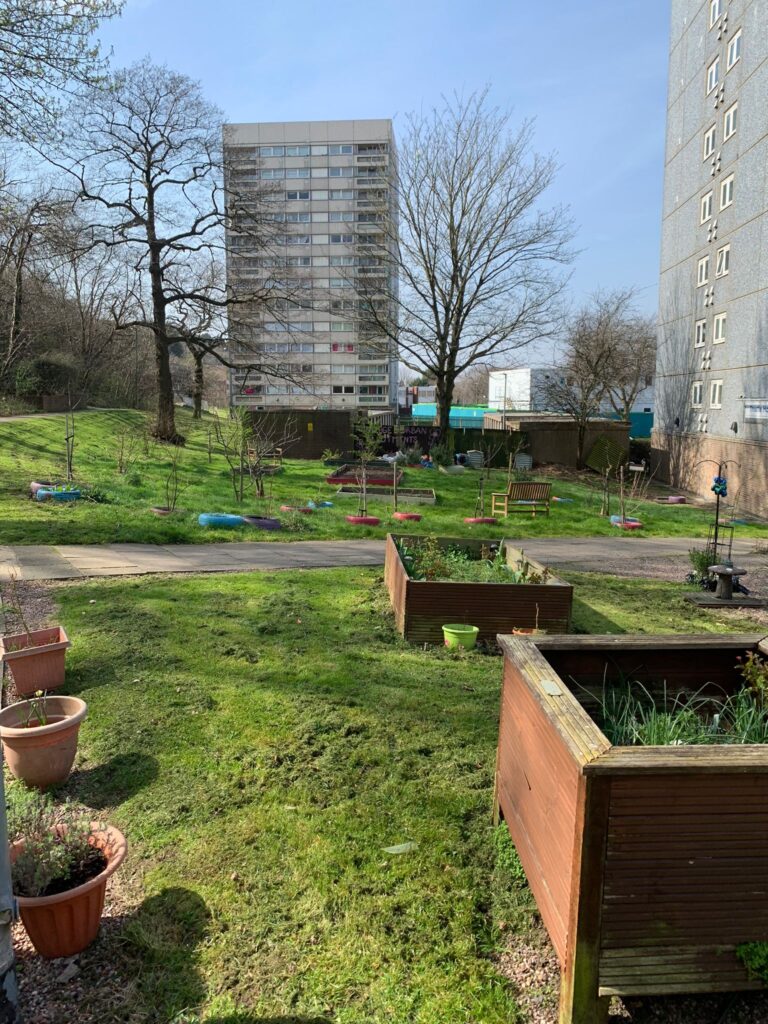
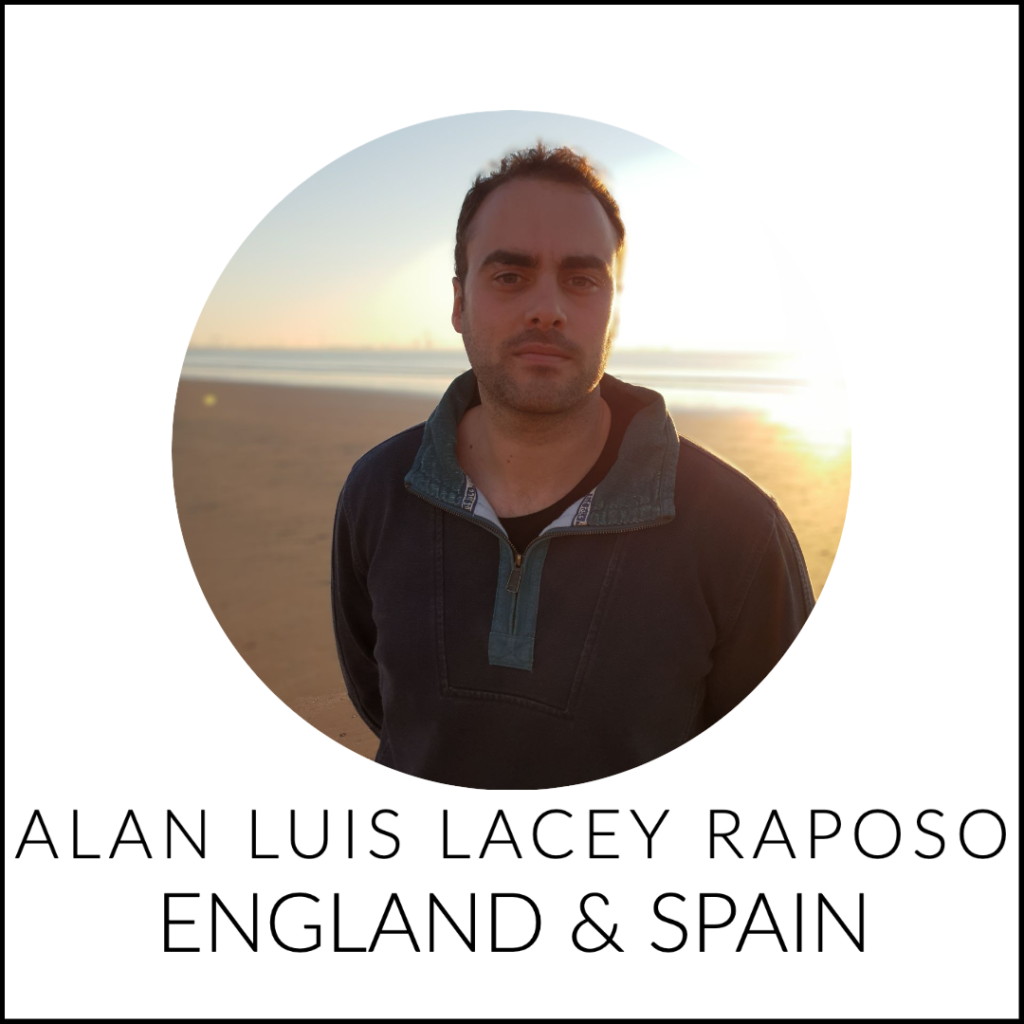
Alan is an ex-chef, he studied political science and has an MSc in Sustainable Cities. Activist for change, he has worked with refugee NGOs in Seville, as policy officer in local government and is currently involved in a unique community project called Local Trust.
View content by Alan here.
Learn more about the Global Walkability Correspondents Network here
